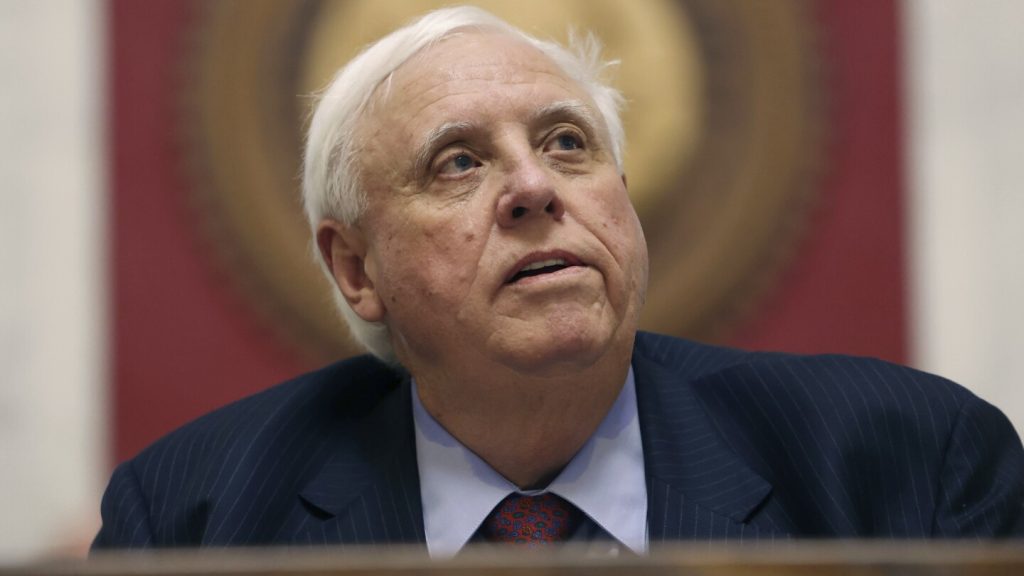Governor Jim Justice of West Virginia signed a bill into law that aims to promote the free exchange of ideas in science classrooms. The legislation allows teachers to answer student questions about scientific theories related to the origins of the universe and life. However, the bill does not clearly define what constitutes a “scientific theory,” leading to concerns about potential for the introduction of religious teachings in public schools. Supporters of the bill argue that it encourages critical thinking and exploration of different theories.
One of the sponsors of the bill, Republican Senate Education Chair Amy Grady, stated that the legislation is meant to clarify how teachers can address questions about theories outside of evolution. The bill was initially proposed with language that would have allowed for the teaching of intelligent design in public schools, but it was reworked to remove any direct mention of intelligent design before being presented to lawmakers. High school students who supported the bill expressed their desire for educators to have the option of teaching intelligent design alongside evolutionary theory.
The debate over teaching intelligent design in public schools has long been controversial, with some arguing that it is a scientific theory while others view it as a form of creationism. The National Center for Science Education has raised concerns about the impact of the legislation on science education, while the ACLU of West Virginia has stated that it will closely monitor the implementation of the law. Critics argue that the vague wording of the legislation could lead to religious teachings being introduced in public schools, potentially violating the separation of church and state.
Democratic Senator Mike Woelfel expressed concerns about the lack of specificity in the bill, noting that the definition of a “scientific theory” is not included. He questioned whether the legislation could be used as a backdoor approach to teaching religious beliefs in public schools. The Seattle-based Center for Science and Culture, which advocates for intelligent design acceptance and research, opposes public schools teaching the concept and instead promotes policies that protect teacher academic freedom in discussing evolution.
In response to the passing of the bill, the ACLU of West Virginia is preparing to create a portal for families to report concerns about religious teachings in public schools. Supporters of the legislation argue that it encourages critical thinking and exploration of different scientific theories. However, critics fear that the vague language of the law could open the door to the introduction of religious teachings in public school classrooms, undermining the principle of separation of church and state. The debate over the teaching of intelligent design in public schools continues to be a contentious issue in West Virginia.


